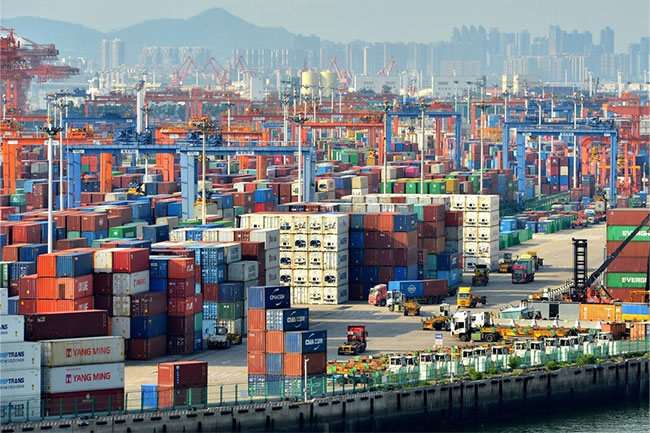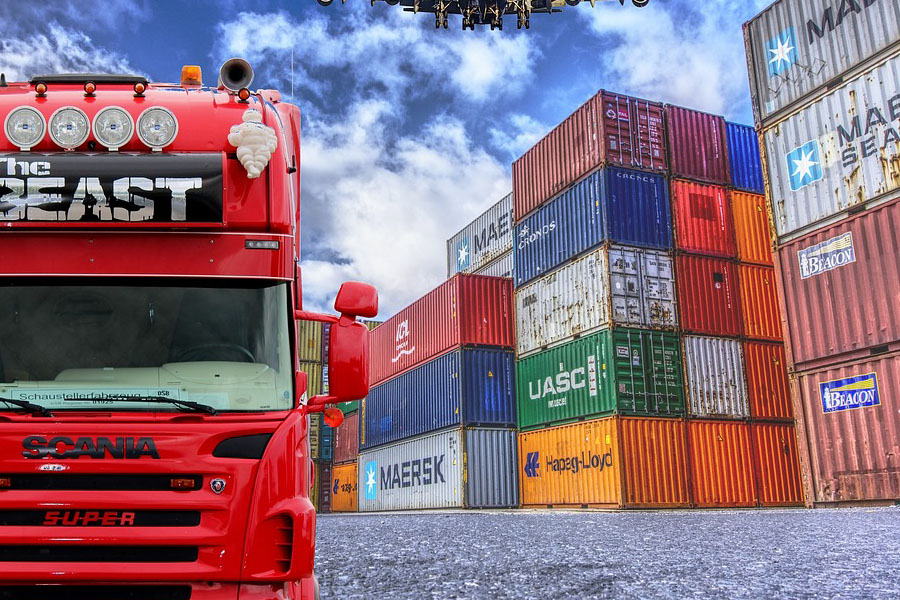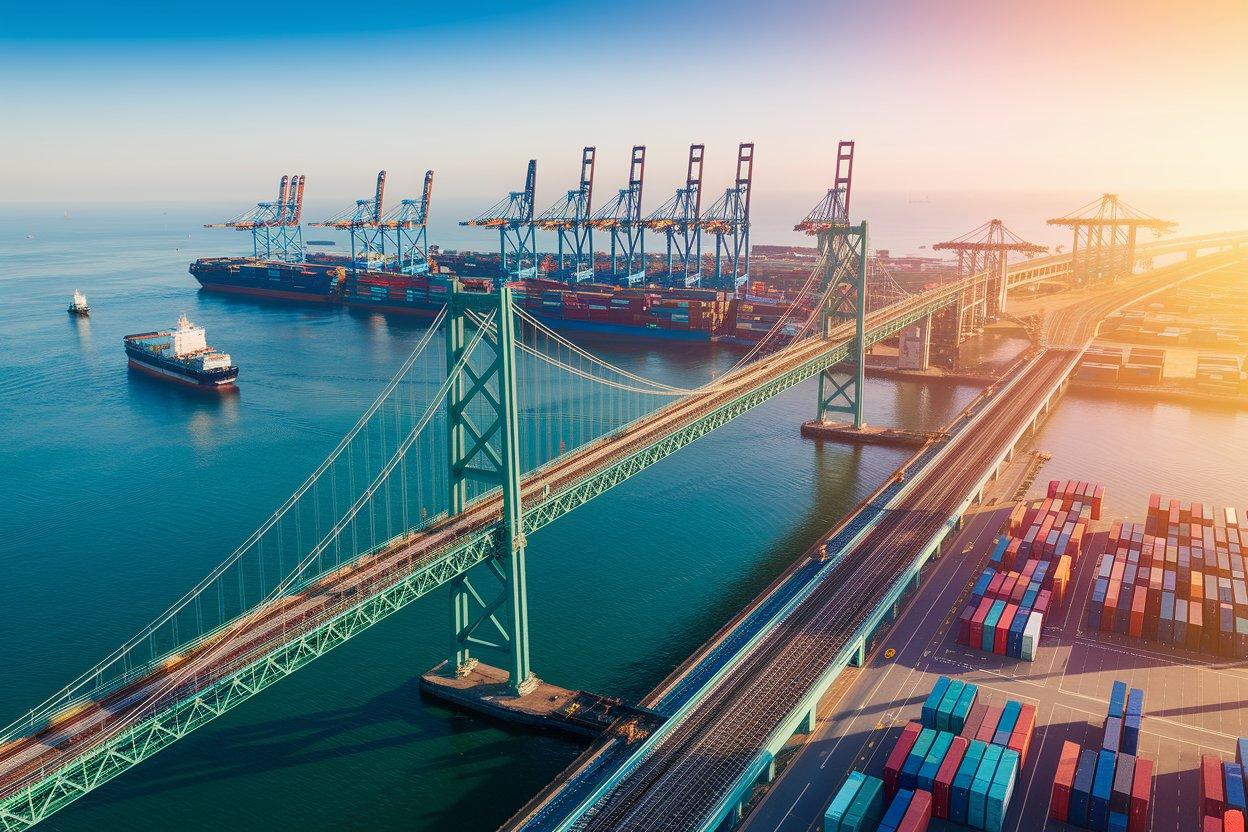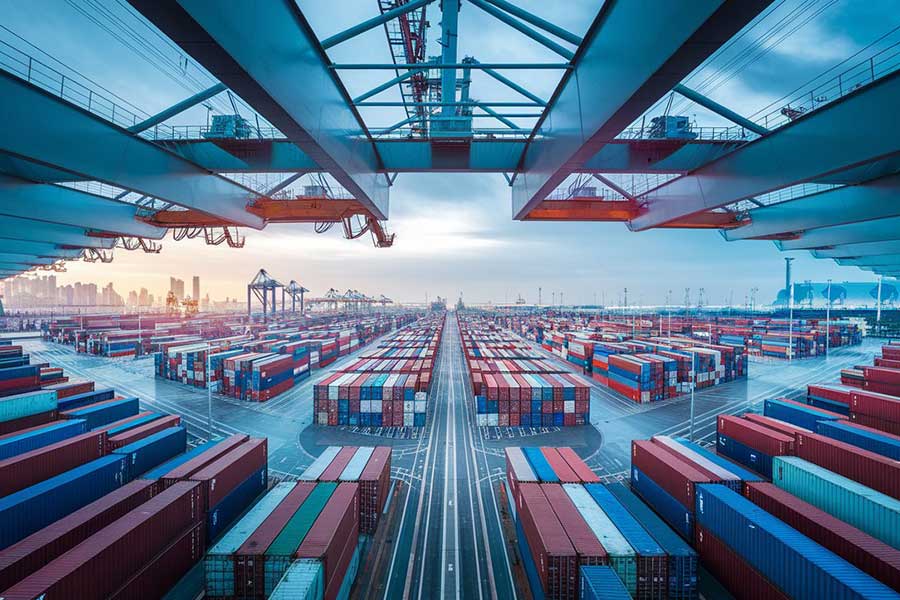- Shanghai Zhongshen International Trade Co., Ltd. - Two decades of trade agency expertise.
- Service Hotline: 139 1787 2118
The VAT refund rate for A4 paper (HS code 4802560090) is 0%, meaning no tax refund benefits can be claimed upon export. In export transactions, if a product has a refund rate, the exporter must issue a VAT invoice to apply for the refund; if the refund rate is 0%, it might theoretically seem unnecessary to issue an invoice. However, the reality is not so straightforward. Tax compliance involves not only refunds but also the integrity of a company's financial records and consistency with customs filings.

Special circumstances
For example, a company that is originally a plastic products manufacturer, rather than a paper products producer, is requested by a long-term client to purchase A4 paper on their behalf and export it. This raises the following key issues:
- The business scope does not match.: The company's registered business scope with customs primarily covers plastic products. Exporting A4 paper may be considered as exceeding the registered scope, thereby increasing the risk of tax audits.
- Matching of input and output taxes: If you purchase A4 paper from the manufacturer without issuing an invoice and directly export it, this will generate export output (sales records) but without corresponding input (purchase invoices). During an audit, the tax authorities may require you to issue supplementary input invoices or even reclaim the taxes.
- Customer needs and profit considerations: The client wishes to purchase at a low price and in large quantities. If we act solely as a purchasing agent without adding any profit, the company may face tax risks without gaining any revenue.
Pros and Cons Analysis of Issuing Invoices
Export without invoicing
- AdvantagesThe process is simple, ostensibly reducing costs (the manufacturer quoted 50 yuan per box, excluding tax).
- Changes in payment methods:
- The tax authorities may consider that there are no input taxes for the output taxes, and demand tax arrears or impose fines.
- Customs inspection may question the business scope, affecting customs clearance.
- A4 paper is a zero-tax-rate product, and with increasingly stringent regulations in recent years, operations without invoicing may come under special scrutiny.
Invoice for Export
- Advantages:
- Input invoices match output invoices, with clear accounting records that comply with tax requirements.
- Reduce the risk of being audited and required to pay additional taxes, ensuring corporate compliance.
- Disadvantages: The cost may be slightly higher (requiring the manufacturer to issue an invoice and pay the tax point), limiting the profit margin.
A better solution
Given that we are not an A4 paper manufacturer and have no intention of profiting from it, the safest approach is:
- Directly introduce customers to transact with manufacturers: Can act as an intermediary, referring clients to paper mills, thereby meeting customer needs while avoiding involvement in tax risks. This approach also demonstrates the company's service value and maintains customer trust.
- If a purchase must be made on behalf of others,: It is recommended to obtain a value-added tax invoice from the manufacturer and issue the corresponding value-added tax invoice upon export to ensure consistency between input and output taxes. Be sure to confirm the operational details with the finance department in advance to avoid subsequent complications.
Practical recommendations
- Consulting Finance: Please have your company's financial personnel evaluate the specific tax implications of exporting A4 paper to ensure compliance with policies.
- Clarify customer communication: If you choose not to act as a purchasing agent, honestly inform the customer of the reason (such as tax compliance) and provide reliable contact information for paper mills.
- Record Integrity: Regardless of whether an invoice is issued, retain all transaction documents (such as purchase contracts, customs clearance documents) for tax inspection purposes.
Summary
Although there is no tax refund for A4 paper exports, failure to issue invoices may lead to tax risks. To avoid complications, it is recommended that clients transact directly with manufacturers; if acting as a purchasing agent, it is essential to issue VAT invoices and ensure compliance. Tax matters are complex—never take chances. Compliance is the only sustainable approach for long-term operations.
Related Recommendations
? 2025. All Rights Reserved. Shanghai ICP No. 2023007705-2  PSB Record: Shanghai No.31011502009912
PSB Record: Shanghai No.31011502009912










